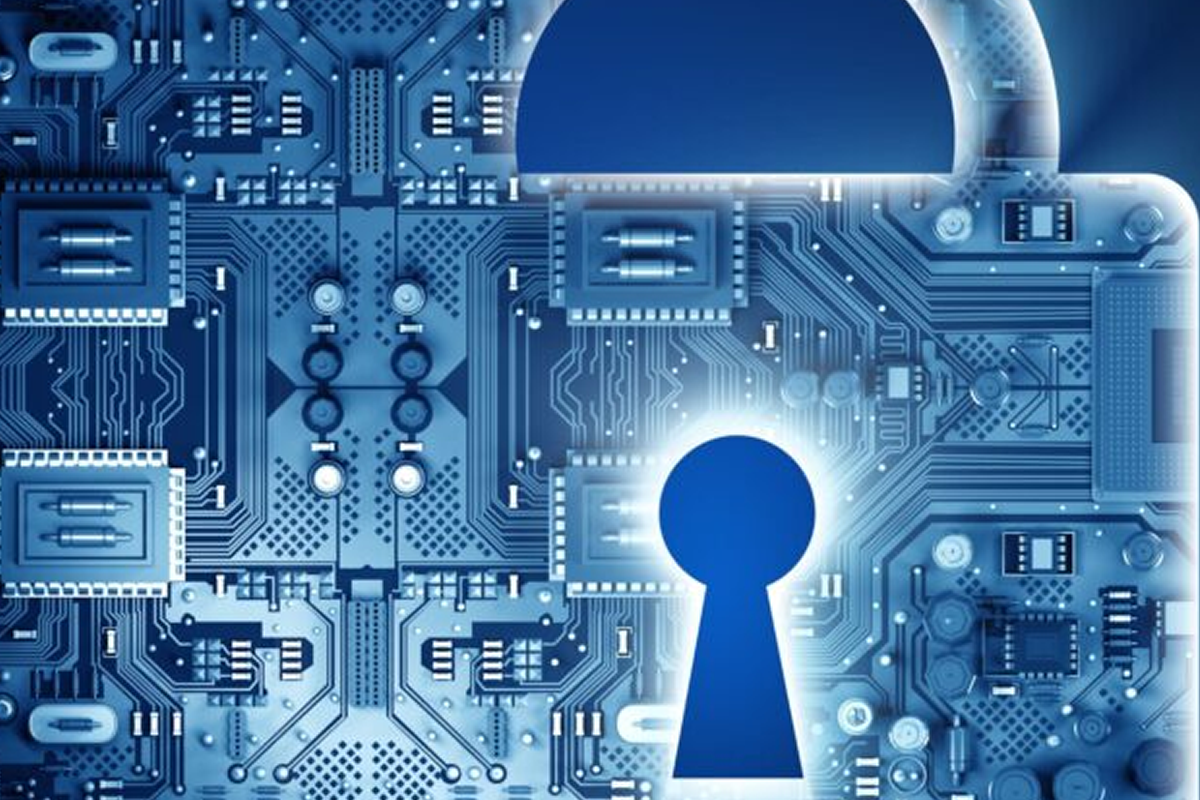Electronic Point of Sale (EPOS) systems are the beating heart of businesses. They streamline operations, improve efficiency, and provide valuable insights into sales and stock levels. However, with this convenience comes the critical need for security. A poorly secured EPOS system can be a gateway for fraud, data breaches, and financial loss. That’s why ensuring your system is properly protected is not just a good practice—it’s essential.
One of the key ways to maintain security in an EPOS system is through access control. Not everyone in a business should have the same level of access. Different users need different permissions depending on their role. This not only protects sensitive information but also ensures accountability within your team.
Understanding User Access Rights
Access rights are permissions given to different users of an EPOS system, determining what they can and cannot do. For example, a cashier should not have the same level of access as a store manager. By implementing strict access controls, you can prevent unauthorised actions and reduce the risk of fraud or errors.
Why Are Access Rights Important?
- Preventing Fraud – If every employee had access to all EPOS functions, dishonest individuals could process unauthorized refunds, discounts, or void transactions without oversight.
- Protecting Customer Data—Personal data, including payment information, should only be accessible to trusted staff members.
- Ensuring Accountability—If an issue arises, access logs allow businesses to track who performed specific transactions.
- Reducing Mistakes – Employees can only access the features they need, minimizing the risk of accidental errors that could cost your business money.
Different Levels of EPOS Access
Cashiers/Sales Assistants
The frontline team handling transactions should have limited access rights. Their permissions typically include:
- Processing sales
- Printing receipts
- Handling basic customer inquiries
However, they should not have access to functions such as refunds, voiding sales, or changing prices. Restricting these functions ensures that additional authorisation is required, reducing the chance of fraud or mistakes.
Supervisors/Shift Managers
Supervisors require more access than regular cashiers to manage day-to-day issues. Their permissions may include:
- Approving refunds and voided transactions
- Authorising discounts
- Running basic sales reports
- Handling shift-end cashing up procedures
By giving these permissions only to supervisors, businesses can ensure that transactions requiring a higher level of trust are carefully monitored.
Store Managers
Store managers need broader access to oversee operations effectively. Their access rights often include:
- Full reporting on sales, stock, and staff performance
- Adjusting product prices and stock levels
- Managing staff logins and access permissions
- Authorising exceptional refunds or discounts
A well-secured EPOS system will ensure that managers have the right level of access to keep things running smoothly while preventing unauthorized changes by lower-level staff.
Business Owners/Head Office Staff
At the top level, business owners or head office staff require full access to every function within the EPOS system. Their permissions typically include
- Access to all financial reports
- Making system-wide pricing or stock changes
- Managing employee permissions and security settings
- Integrating the EPOS with other business software, such as accounting tools
Securing Key EPOS Functions
Refunds & Returns
Refund fraud is a common issue in retail. Without the right security in place, an unscrupulous employee could issue fake refunds and pocket the money. To mitigate this risk:
- Ensure refunds require supervisor or manager authorisation
- Keep an audit trail of all refund transactions
- Regularly review refund activity for anomalies
Discounts & Price Changes
Uncontrolled discounts and price changes can lead to revenue loss. Employees could apply unauthorised discounts for friends and family or reduce prices for personal gain. To prevent this:
- Only managers should be able to approve discounts above a set threshold
- Set restrictions on price adjustments so only authorised personnel can make changes
- Use reporting tools to track discount trends and spot suspicious activity
Voided Sales & No Sales
Voiding transactions without oversight can be a way to steal money from the till. Similarly, opening the cash drawer without processing a sale (“No Sale”) can be exploited for theft. To enhance security:
- Require managerial/supervisor approval for voiding transactions
- Limit “No Sale” functions to specific staff members
- Use CCTV in conjunction with EPOS logs to monitor suspicious activity
Employee Logins & Passwords
One of the biggest security risks in any system is weak or shared passwords. To maintain the integrity of your EPOS system:
- Assign unique logins to each employee
- Require strong passwords that must be changed regularly
- Use biometric logins (such as fingerprint scanners) if your system allows
- Use barcoded access cards on lanyards
Additional Security Measures
Audit Logs & Reporting
A good EPOS system keeps detailed records of every transaction. By regularly reviewing logs, you can:
- Identify patterns of suspicious behaviour
- Detect unusual refund or discount activity
- Ensure compliance with company policies
Data Encryption & Secure Networks
Protecting customer and business data is paramount. Ensure your EPOS system:
- Uses encrypted connections (such as SSL) for data transmission
- Is hosted on a secure, firewalled network
- Regularly updates software to patch vulnerabilities
- Ensure update to data antivirus is installed
Training Staff on Security Best Practices
Even with the best security measures in place, human error can still be a risk. Train your team on:
- The importance of keeping login credentials private
- Recognising phishing attempts and scams
- Reporting suspicious activity to management
Conclusion
Your EPOS system is more than just a cash register; it’s a gateway to your business’s finances and data. Without proper security measures, you risk fraud, theft, and data breaches. By carefully managing user access rights, securing sensitive transactions, and regularly auditing activity, you can protect your business while ensuring smooth operations.
Remember, security isn’t just about preventing crime; it’s about creating a safe, trustworthy environment for both your customers and your team. Invest in the right safeguards today to keep your business secure for the future!
Credit: https://www.eposnow.com
